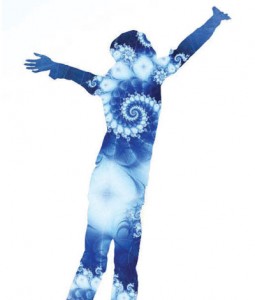Myofascial unwinding relieves neck-shoulder pain in breast cancer survivors
A study from Spain investigated the immediate effects of myofascial unwinding, with placebo electrotherapy as a control, on perceived pain, cervical/shoulder range of motion (ROM), and mood state in breast cancer survivors with shoulder/arm morbidity.
The study recruited 21 breast cancer survivors who had a diagnosis of stage I–IIIA breast cancer and had completed adjuvant therapy (surgery followed by chemo- or radiotherapy, except hormonal treatment). During each session, the participants received either a fascial unwinding treatment focused on the upper limb area following the Pilat approach or placebo pulsed shortwave therapy (control group). Each session lasted 30 minutes, and an adequate washout period of 4 weeks between sessions was established.
The visual analog scale (VAS) for pain and anxiety, shoulder-cervical goniometry for ROM, the Profile of Mood States for psychological distress, and the Attitudes Towards Massage Scale were used as outcomes measure.
The results showed that treatment improved pain measure on the affected arm but not on the cervical, nonaffected arm or anxiety. Treatment improved shoulder flexion, abduction, external rotation, and internal rotation. It also showed improved cervical rotation and affected cervical lateral flexion.
The authors concluded that a single fascial unwinding session decreases pain intensity and improves neck-shoulder ROM to a greater degree than placebo electrotherapy for breast cancer survivors experiencing pain. The study was published in the May 2017 issue of Archives of Physical Medicine and Rehabilitation.


